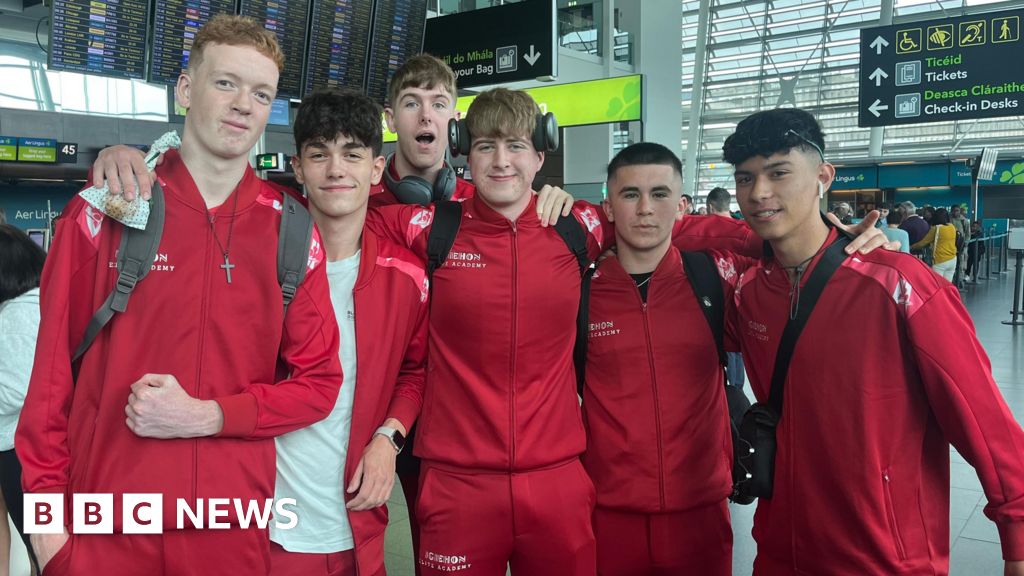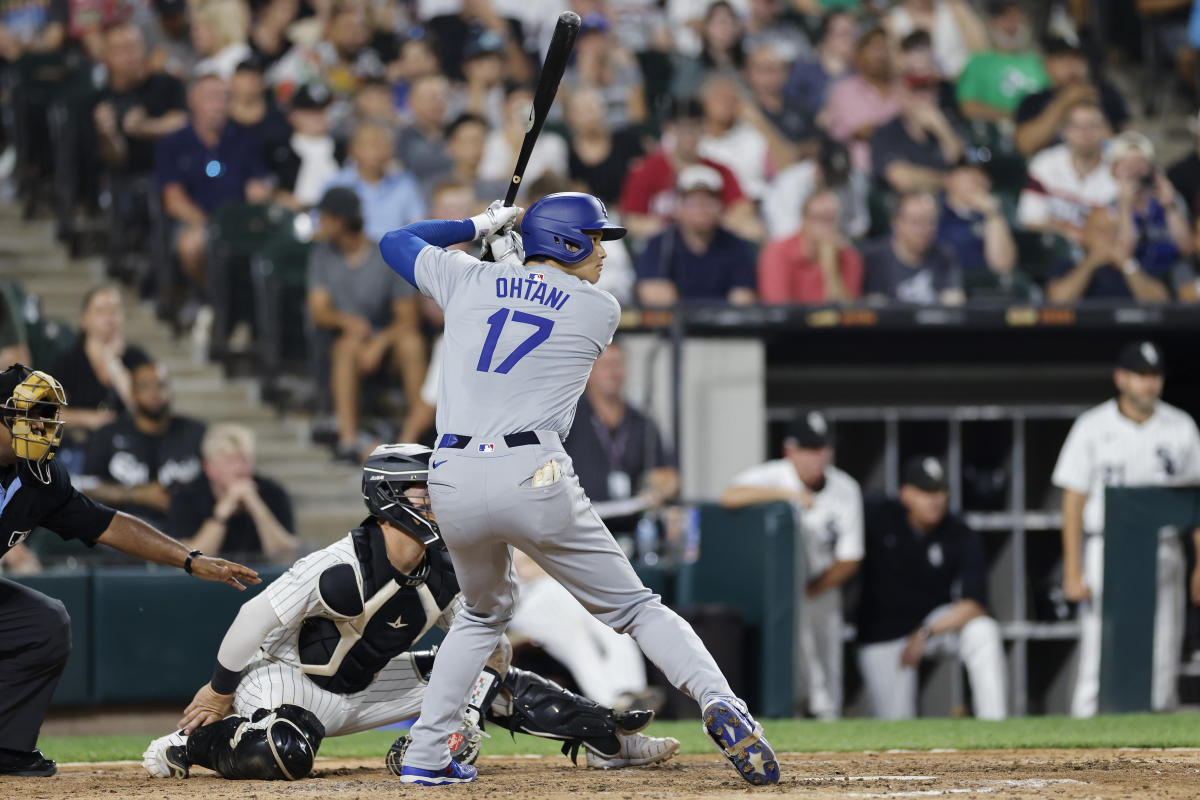A 16-year-old was shot and killed while attending a late-night graduation party Sunday. Now, a Columbia city councilman wants the city to consider adopting a curfew for minors to prevent similar late-night gatherings from escalating into violence.
Councilman Tyler Bailey proposed establishing a city-wide curfew for minors during summer months in response to the killing of Julian Armel Keel, a rising senior at W.J. Keenan High School.
A large group of teenagers were attending a graduation party at Roll-Out Wangs, Eggrolls and Thangz bar and restaurant between Saturday night and early Sunday morning. An altercation in the parking lot led to more than 50 bullets being fired from at least four guns around 12:30 a.m. Sunday, Columbia police said.
Keel was trying to leave when he was shot in the upper body. He died after being taken to an area hospital, police said.
“We keep having all these shootings every summer,” Bailey told The State. “All these kids have so many guns because firearms are left in vehicles, you’ve got permit-less carry, we’ve got a gun culture.”
The Sunday shooting that killed Keel is at least the second incident in as many weeks during which gunfire broke out among a large gathering of teenagers.
Roughly 80 teenagers were gathered near a community pool in the Villages at Lakeshore community outside the city limits May 28 when gunshots rang out. At least 75 shots were fired by multiple shooters, the county sheriff said, injuring a 16-year-old during that incident. Two people were arrested following that shooting, including a 17-year-old.
Bailey said he expects he and his colleagues on council will have an in-depth discussion about the curfew proposal at a public meeting sometime in the next two weeks. A meeting date had not been finalized as of publication time.
Bailey envisions establishing a curfew that mirrors an existing curfew in the city’s Five Points district, which prohibits any unaccompanied minors from being in the district between 11 p.m. and 6 a.m., unless they are there for work or to express their First Amendment rights.
The city enacted that curfew as an emergency measure in 2011 after a number of violent incidents involving teenagers, and it was later made permanent by City Council.
The 2011 ordinance establishing that curfew noted that in a span of 18 months, shots were fired outside of an area business striking a pedestrian, several large fights broke out, a 15-year-old was arrested for possessing a handgun, and a person was brutally attacked by a group of teenagers ranging from 13 to 16 years old.
“The Mayor and City Council believes that its youngest citizens, persons under the age of 17, often lack the experience, perspective, and judgment to recognize and avoid choices that could be detrimental to them,” the 2011 ordinance reads.
But whether the public will support a city-wide curfew for those 17-years-old and under is unclear.
Perry Bradley, who leads the youth-centered nonprofit Building Better Communities, said he appreciates that Bailey is proposing ideas to address gun violence but he disagrees with establishing a curfew. One of Building Better Communities’ priorities is addressing gun violence among teenagers.
“Curfews only offer temporary relief,” Bradley said, also adding that if there is a curfew in Columbia, gatherings could just be moved into the county’s jurisdiction.
In order to address root causes of gun violence, it’s important to build trust between law enforcement and teenagers, Bradley added, but he believes a curfew would hurt that trust.
“If you impose a curfew on our youth, you’re letting them know that we don’t trust you to do anything good,” he said.
J.T. McLawhorn, president of the Columbia Urban League, said he was not opposed to the idea of a curfew but that implementing one will require buy-in from parents and teenagers.
“I’m opposed to not doing anything. I’m opposed to sitting on the sidelines,” he said. “I think a curfew is an option, but we need to have a broad discussion about it.”
If teens and their parents aren’t involved in the conversation, McLawhorn worried there’s a risk that it would have the opposite effect and encourage teens to rebel against the curfew.
“We just can’t unilaterally say we’re going to do a curfew, but let’s talk about it,” McLawhorn said.
Alternatives to a curfew
Curfews for minors have been implemented in cities across the U.S., but they remain controversial, and experts disagree on whether they are actually effective.
“I think they are ineffective, more harmful than helpful and really a reactive response instead of a thoughtful, careful strategy for managing crime in our city,” director of the Juvenile Justice Clinic at Georgetown University Kristen Henning told NPR in 2023 in response to a youth curfew in Washington, D.C.
There is research that suggests curfews don’t work to reduce youth crime. A 2016 academic review published by the Campbell Collaboration research group looked at 12 studies on curfews for minors and found that the curfews didn’t noticeably reduce crime during curfew hours, and in some cases crime increased. That review also noted “the study designs used in this research make it difficult to draw clear conclusions.”
Following the 2011 implementation of the Five Points curfew, Columbia police reported that teens were obeying the new restrictions and that simply walking up to people suspected of being underage and asking to see identification had been a successful deterrent for breaking the curfew, according to a WIS news report from that time.
The ACLU of South Carolina said it would not condemn a policy without reading it first, but the organization worries about any rules that increase encounters between police and teenagers.
“Those encounters have ripple effects,” said Paul Bowers, ACLU of South Carolina communications director.
Encounters with police, whether it’s a written or verbal warning or a teenager getting a citation, can be the first mark on their record, which can eventually have a cumulative effect, Bowers noted.
Bradley, the director of Building Better Communities, said instead of a curfew, he would like to see the city partner with groups like his to help establish neighborhood safe spaces where teenagers can gather with proper supervision.
Building Better Communities is currently working on a mobile basketball program, where they could bring a basketball hoop into a community and, along with an officer from the Columbia Police Department or the Richland County Sheriff’s Department, offer fun activities for kids to keep them engaged and away from violence.
McLawhorn agreed that there are a lot of factors at play that lead to teenagers having access to and using guns. Both McLawhorn and Bradley said social media and the ability to spread rumors or gossip quickly and among large groups of people has affected teenagers’ conflict resolution skills.
Richland County Sheriff Leon Lott and Columbia Police Chief Skip Holbrook have both also urged residents who keep firearms in their vehicles to lock their cars at night. Law enforcement attribute guns stolen from unlocked vehicles as a top way teenagers get access to the weapons.
There have been more than 750 shootings that resulted in a person being hit by gunfire in Columbia since 2015, according to police data. Almost 20% of those shooting victims have been between 15 and 19 years old. More than 42% of shooting victims have been 24 years old or younger.

Amanda Smith is a dedicated U.S. correspondent with a passion for uncovering the stories that shape the nation. With a background in political science, she provides in-depth analysis and insightful commentary on domestic affairs, ensuring readers are well-informed about the latest developments across the United States.








